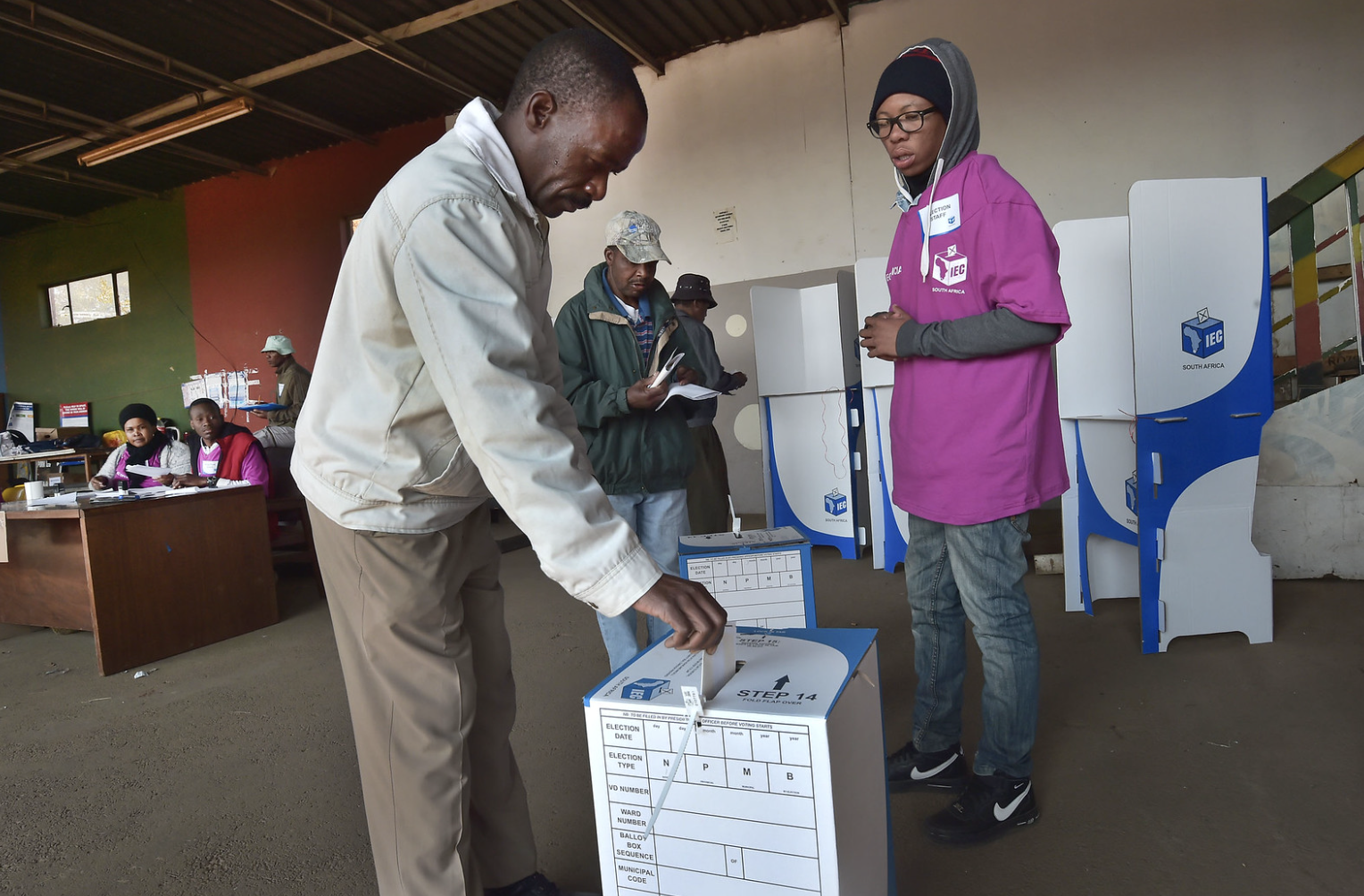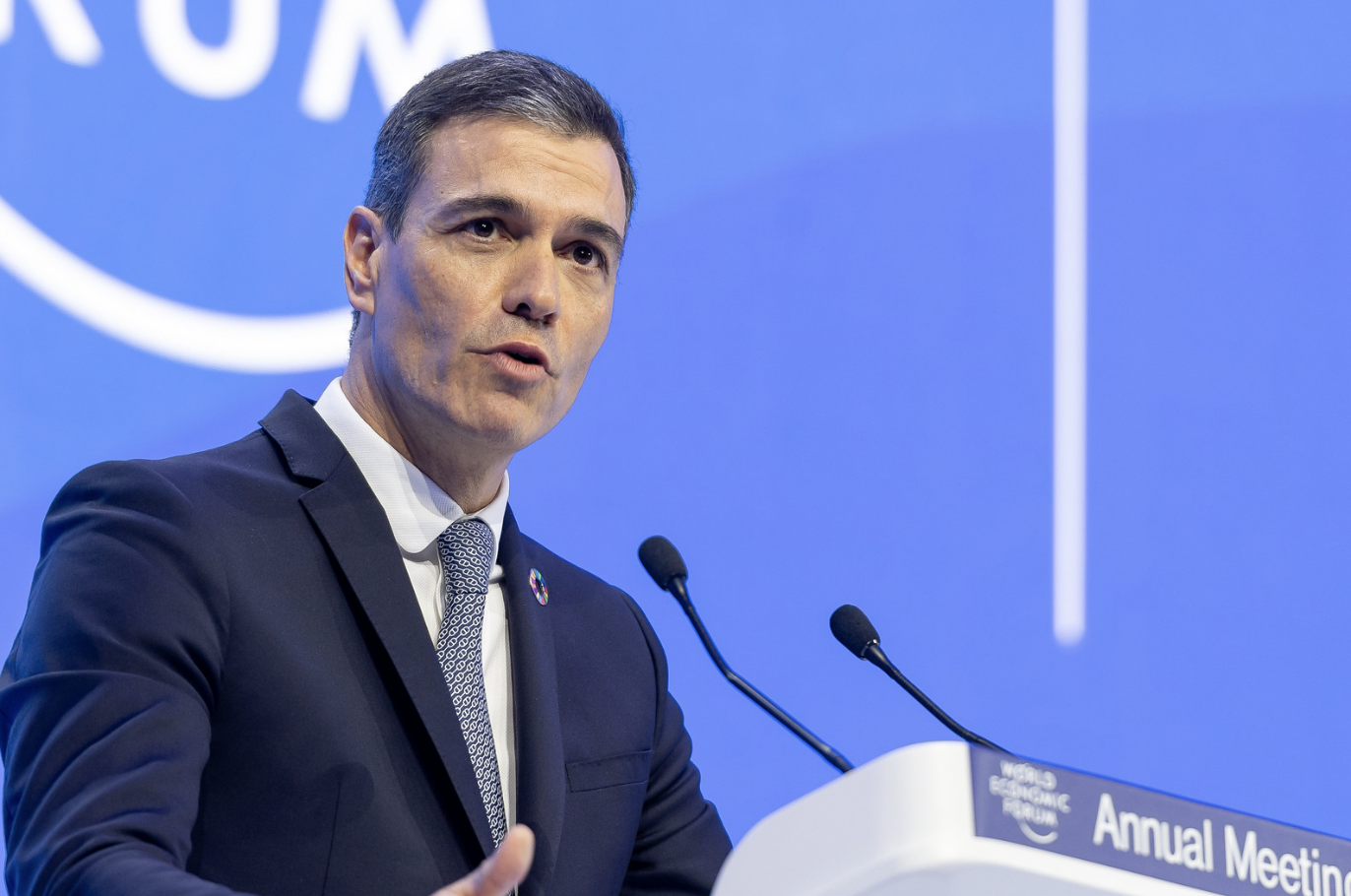News
Seven Post-Election Crisis Points That May Face South Africa
The voters have decided and the ANC is at 40%, looking for one - or more - larger parties to form a government. But what happens if no coalition deal is reached? This is how it may play out

Former Director, The Brenthurst Foundation

Former Research Director, The Brenthurst Foundation

What happens in the days after the election will shape South Africa’s future in a fundamental way. There is the possibility that the ANC could somehow defy gravity and levitate above 50% of the vote, leading to the continuation of its sole rule for another five years.
But for this to happen, voters would have to turn out in patterns that advantage the ANC and disadvantage its competitors across the country, and defy the findings of all major opinion polls which have it below 50%.
There is also the possibility that the political parties will be ready to do deals and move the country forward with a minimum of disruption if coalitions are needed.
But there is another possibility – that no deals are reached and the country enters a period of crisis.
This brings into sharp relief what will happen in the days following the election should there be no clear winner.
The Constitution requires that the new Parliament consisting of the newly elected MPs sits within 30 days of voting to elect the president.
The first sitting of the National Assembly must take place “at a time and on a date determined by the Chief Justice” but no later than 14 days after the election result has been declared.
The IEC has stated that it will declare the final result on 6 June, so this first sitting would have to take place by 20 June.
Crisis point 1: 14 days after the election result is declared
If there is no coalition agreement in place at this sitting, there is the opportunity for the first post-election crisis because this sitting, presided over by the Chief Justice, must elect a Speaker. Without a coalition agreement in place, it may be impossible to get more than 50% of MPs agreeing on a Speaker.
There is an elimination process which would allow a speaker and president to be elected with less than a majority, but if there is no coalition deal in place, a unilateral move to take the presidency by one party could weaken its negotiating power.
Although the Chief Justice presides over the election of the Speaker, it would be a serious infringement on the separation of judicial and legislative power if the Chief Justice were to fill this gap and preside over the election of a president.
A coalition agreement could decide to award the position of Speaker to one party and the position of president to another as part of the negotiated deal.
In this scenario, the Speaker would preside over the session and a president would be elected, leading to a smooth transfer to a new government.
However, if no coalition deal is in place by mid-June – 14 days after the election result is announced – and no Speaker is elected, the Chief Justice would have to reconvene Parliament before the end of June and try again.
Crisis point 2: End of June
In the event that there is no coalition agreement with a 50%+ majority by the end of June, the Constitution is clear: fresh elections for the national assembly would have to be held within 90 days.
Since this is stipulated in the Constitution, there is no wiggle room, save for an intervention by the Constitutional Court itself.
Crisis point 3: IEC preparedness
The IEC would enter uncharted waters and have to rapidly arrange the logistics for this fresh election, including the printing of fresh ballot papers, the securing of polling station venues and the recruitment of staff. All within 90 days.
An additional wrinkle would be that this election would likely take place at the end of September – in the midst of the matric exams. With many polling stations based at schools, this could be disruptive and cause the education department to have to reschedule some exams.
What is unclear is whether or not these fresh elections would be a simple “re-run” of the same ballot choice as the 29 May election. It may be that the IEC has to restart the election from scratch, soliciting candidate lists and going through a fresh round of registration. This would seriously stretch its resources.
Crisis point 4: Party litigation
This process could be subject to legal challenges by some of the parties, particularly those parties who believe they would benefit from a longer time period between the two elections, a fresh registration process or changes to their candidate lists. Such litigation could, with its inevitable appeals, put pressure on the end of September deadline for new elections.

Because the Constitution is central to determining the post-election timeline and the procedures for electing the president and speaker, the Constitutional Court is likely to hear these disputes.
Crisis point 5: Same result, same problem
There is the fairly strong possibility that, given the exhaustion of campaign funds and the fact that voters will have already made their choices and committed these to the ballot papers of 29 May, the September election will come up with the same or not very different result.
In this case, it could be a “rinse-and-repeat” situation, where there is again no coalition agreement, leading to an extended period of absent government and deteriorating confidence.
Crisis point 6: Bitterness and violence
The security forces have been placed on high alert to deal with any attempts to stir up post-election violence. But their track record is not good following the disastrous July 2021 riots where police and military intelligence were demonstrably out of their depth.
While they may be forewarned this time around, will they be able to maintain control if the process drags out over months, with some parties choosing to fuel instability in light of their electoral performance?
Crisis point 7: The provinces
All of the above provisions apply to the provinces and, given that at least in KwaZulu-Natal and Gauteng, possibly elsewhere, there is unlikely to be a clear winner, the same coalition crisis points will play out in the provinces.
Political parties are likely to factor in provincial trade-offs when reaching a national coalition deal, so it is likely that if the national coalition is not formed, the provinces will also be out in the cold.
What is required after the election if there is no clear winner is that parties put national stability first and build coalitions to avoid these crisis points. If they don’t, and decide to engage in populist filibustering, South Africa will enter turbulent waters with no clear end in sight.
Key dates
- 29 May: Election;
- 6 June: IEC declares official result;
- 20 June: By this date, the Chief Justice must convene Parliament to elect president;
- 29 June: Deadline for new president to be elected; and
- 29 September: Date by which new election must be called if there is no president elected.
This article originally appeared on the Daily Maverick
Photo: Government ZA Flickr

